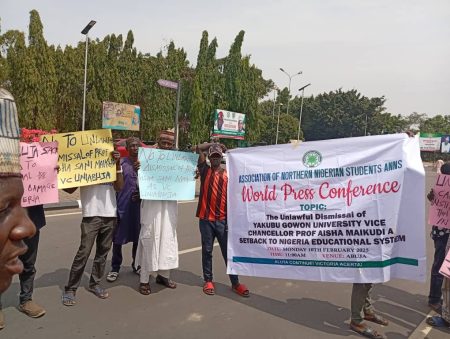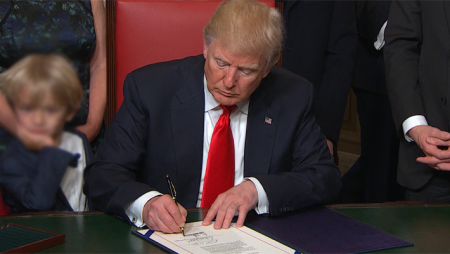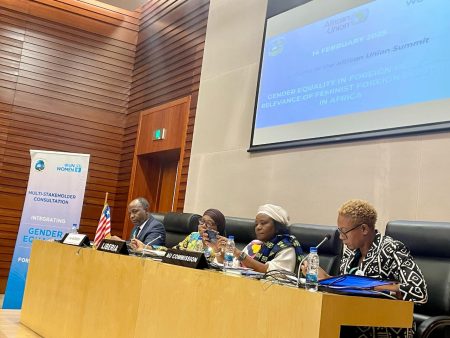The National Board for Technical Education (NBTE), under the directive of the Minister of Education, Dr. Tunji Alausa, has announced a one-year moratorium on new applications for polytechnics and monotechnics in Nigeria. This decision, effective immediately, halts the submission of new applications for the establishment of these technical institutions for a period of 12 months. The moratorium aims to address concerns regarding the optimal utilization of existing institutions and ensure they operate within their approved carrying capacities. This strategic pause will allow the NBTE to evaluate the current landscape of technical education and strategically plan for future growth and development in the sector.
While the moratorium applies to most polytechnics and monotechnics, a crucial exemption has been made for health institutions. Recognizing the critical shortage of healthcare professionals and the comparatively low enrollment figures in health-related programs, the NBTE has decided to allow new applications from institutions focusing on health education to proceed. This exemption underscores the government’s commitment to prioritizing and strengthening the healthcare sector by ensuring a steady supply of qualified professionals to meet the nation’s healthcare needs.
Institutions already in the application pipeline, however, are not entirely exempt from the new directives. Those awaiting ministerial approval will be required to remit specific fees to continue their registration process. Polytechnics in this category will pay an application fee of N4 million and a processing fee of N2 million per program of study. Monotechnics, similarly, will be required to pay an application fee of N2 million and a processing fee of N1 million per program of study. These fees must be paid within a stipulated 30-day window, failing which the registration process will be terminated. This stipulation ensures a commitment from applicants and streamlines the processing of existing applications.
New health institutions, while exempted from the moratorium, are still subject to registration fees. They will be required to pay the same fees as monotechnics, namely an application fee of N2 million and a processing fee of N1 million per program of study. This standardized fee structure for health institutions ensures consistency and transparency in the registration process, while acknowledging the importance of facilitating their establishment given the critical need for more healthcare professionals. The fee structure, while supporting the NBTE’s operational needs, also serves as a mechanism to ensure the seriousness and commitment of applicants in pursuing the establishment of new institutions.
The rationale behind the moratorium, as articulated by the NBTE Executive Secretary, Prof. Idris Bugaje, is to address the issue of underutilization in existing polytechnics and monotechnics. By temporarily halting the influx of new institutions, the NBTE aims to allow existing institutions to reach their full operating capacity. This strategic move will facilitate a more efficient allocation of resources and ensure that existing infrastructure and faculty are utilized optimally. It also provides a window for existing institutions to enhance their programs, improve facilities, and strengthen their overall academic standing.
In essence, the moratorium represents a strategic intervention by the NBTE to consolidate and strengthen the technical and vocational education and training (TVET) sector in Nigeria. By focusing on optimizing existing capacity and prioritizing the development of health-related institutions, the NBTE aims to create a more robust and responsive TVET landscape that effectively meets the nation’s evolving skill needs. This measured approach will contribute to the long-term sustainability and effectiveness of the TVET sector, ensuring the production of highly skilled graduates who are equipped to contribute meaningfully to the Nigerian economy.














